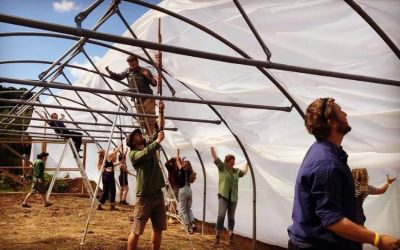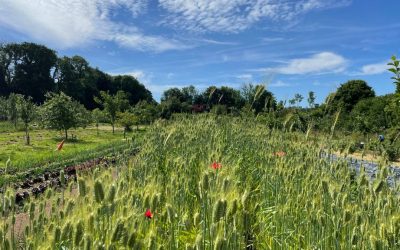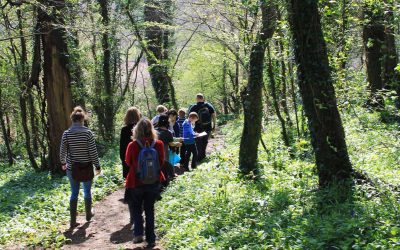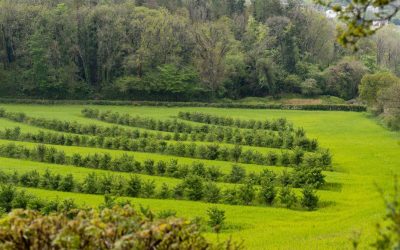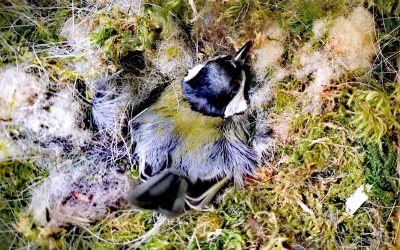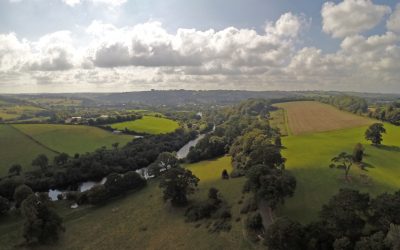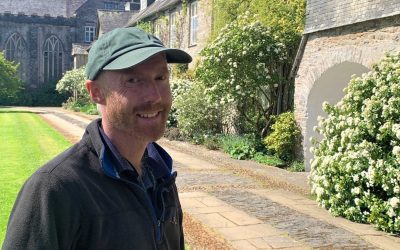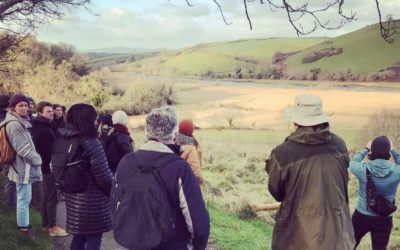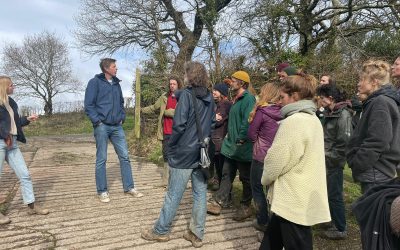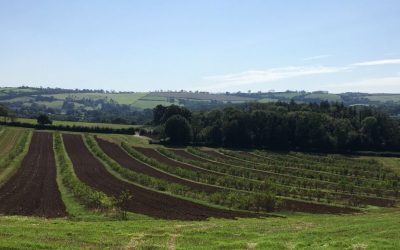How we use our land
For almost a century the land and estate at Dartington have been used for research and exploration of new agricultural processes.
Today a regenerative approach is at the heart of everything we do. It supports healthy soils, creates rich wildlife habitat and nurtures our community of visitors and small enterprises who have come here because they wish to have a deeper connection with the land.
We have a number of tenants who run enterprises using the land to produce food, fungi or flowers or for therapeutic benefit.
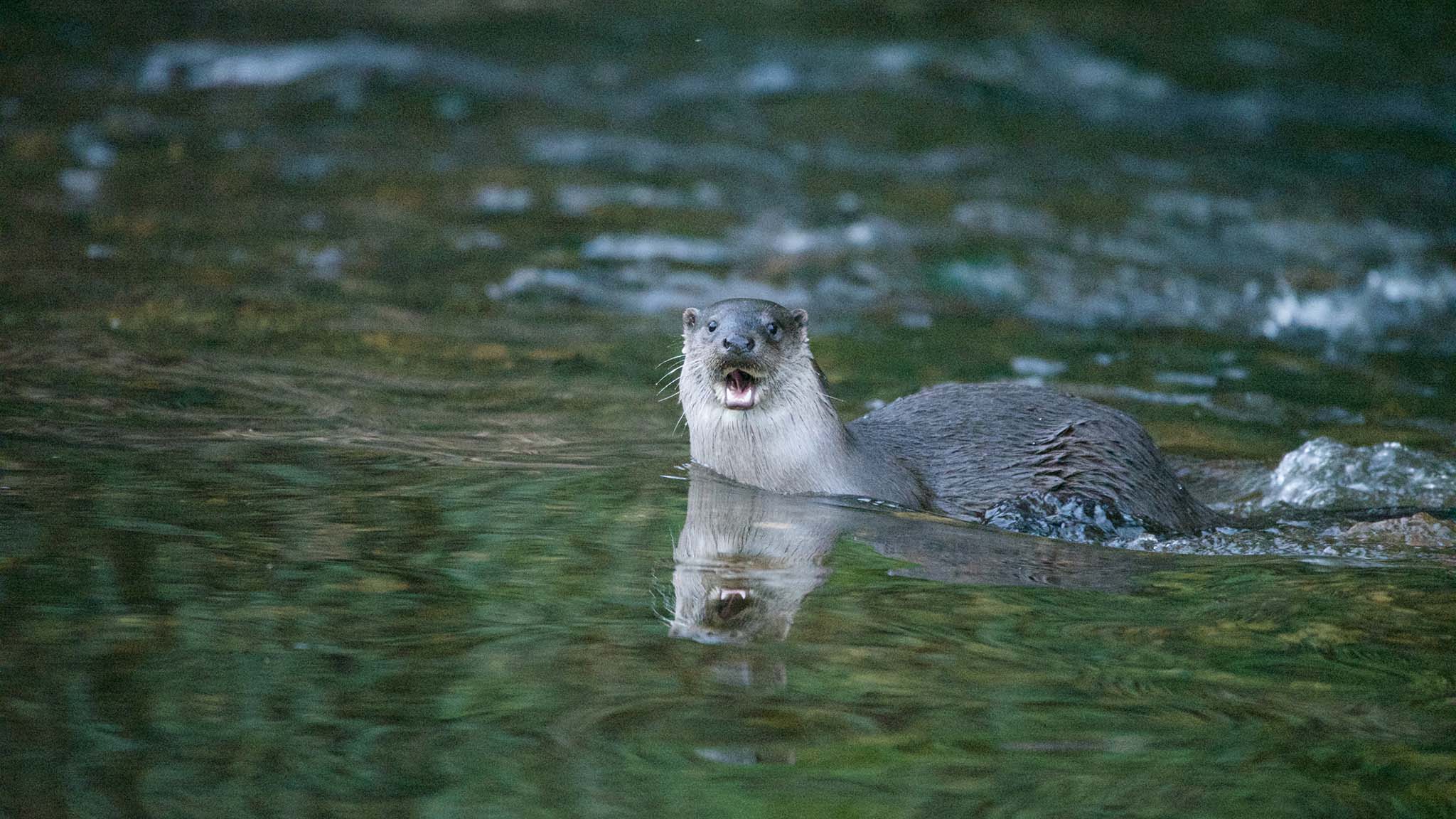
Conservation at Dartington
From dormice to hedgerows and everything in between, conservation work plays a major part in Dartington estate life.

Powered by renewables
A significant proportion of Dartington’s energy is produced via renewables, in the form of our 950kw biomass boiler and 500kh(p) solar-PV array.
Food, farming and conservation blogs
Polytunnels boost self-sufficiency and help beat the ‘hungry gap’
New polytunnels save money and food miles by increasing the amount of ‘home grown’ produce for Schumacher College.
Finding a better wheat for the future
Our horticulture team at Schumacher College are taking part in trials through the South West Grain Network to find new strains of wheat that are grown more effectively in our climate. We catch up with Michael Cooper, one of our horticulture interns this year to find out more…
Trees are not the magic bullet to address climate change
In a month when members of the public have been urged to ‘plant a tree for the Jubilee’, our conservation warden Mike Newby advises that while trees are valuable at capturing carbon, using our land to address climate change needs a more complex approach.
Government’s food strategy maintaining the status quo – but at what cost?
In response to the Government Food Strategy published today, we consider the lack of detail and focus on developing authentically regenerative practices, and the need for a thoughtful, holistic approach with more immediately tangible action points.
Annual survey aims to gauge health of our bird population
Every week until the end of June, our conservation wardens will be gently checking our bird boxes in order to contribute to a UK-wide analysis of avian activity.
How we foster collaboration with our non-human friends
Our Conservation Warden, Mike, takes a look at how we work to preserve and foster some of the key areas of wildlife and nature on our estate.
Introducing Dartington’s new head gardener
Dartington’s new head gardener, Neville Evans, talks about his love of trees and his passion for exotic plants – which has taken him around the world from Bicton to Belize.
In search of rewilding
Following a recent Engaged Ecology visit to Lower Sharpham Farm, we consider the ecological, social and political complexities of rewilding in practice.
“How we produce our food is our greatest form of agency over our future.”
Musician turned ecological farmer Andy Cato offers advice to our farming students.In a quest for self-sufficiency and changing the way we eat, Andy Cato left behind a successful music career and bought a farm in the south west of France. Having spent the last 10 years...
Thriving together at the Oxford Real Farming Conference
Last week the ORFC brought together thousands to discuss ecological approaches to farming and food production, including many of us at Schumacher College.

